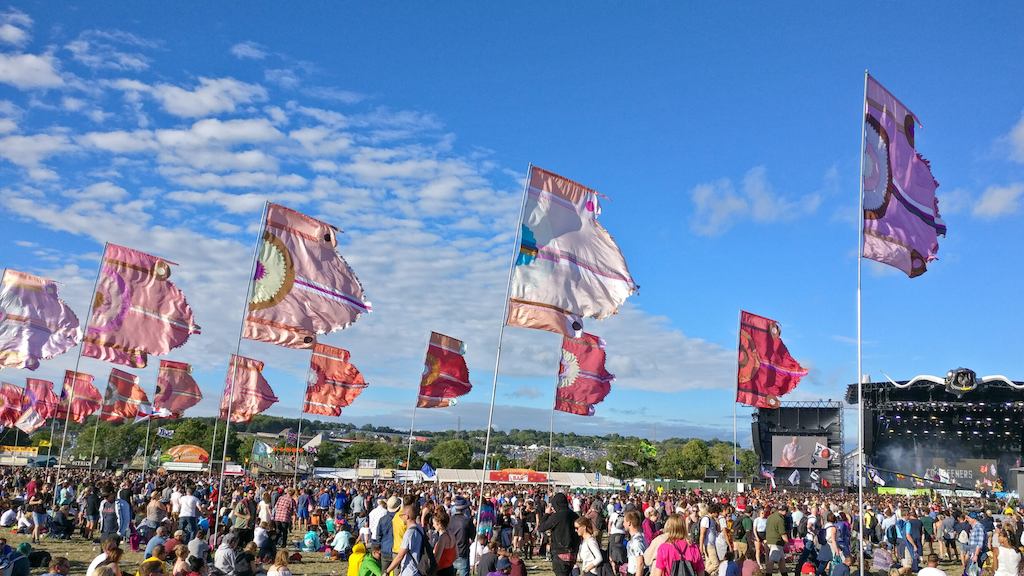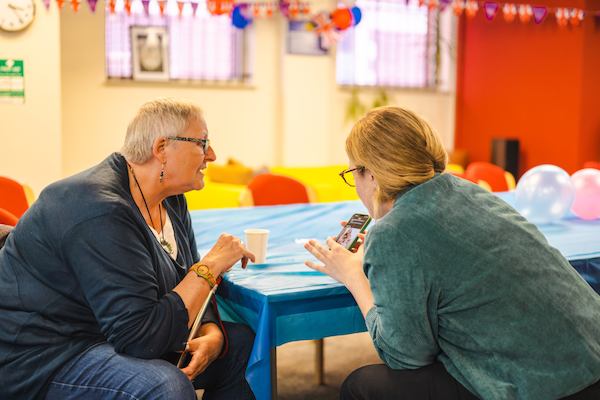Just one female act over 50 has been selected to headline any of the UK’s 20 most popular music festivals this summer – once again highlighting the exclusion of older women in arts and entertainment.
Artists headlining a music festival this summer are more likely to be called Richard than be a woman over the age of 50, analysis by Centre for Ageing Better shows. While Grace Jones (Camp Bestival) is the only female over 50 headlining any of the biggest UK music festivals this summer, solo acts or bands fronted by men aged 50 or above make up around a third of festival headliners included in the analysis - highlighting the twin forces of ageism and sexism. The exclusion of older women from stage line-ups is out of touch with the changing demographic of customers attending music festivals.
Almost one in three festival-goers in the UK is over the age of 40 while three in five attendees are women. Older households account for more than half of the UK’s consumer spending with almost double the spending power of younger households and are more willing to pay for a VIP festival experience, which makes the ageist exclusion of older female performers a bad business move too.
The analysis also reflects issues highlighted in the Centre for Ageing Better’s recent analysis of the British film industry with academics from the University of West London School of Film, Media and Design which revealed that female characters aged 65 and over are three times less likely than male characters of the same age to be featured in British films over the last decade. Our Cast Aside report also found empowered, active and rounded older female characters were rare and older women were much more commonly portrayed as passive, pitiable, ridiculed for failing to act their age and often irrelevant to the main plot. ]
The findings also chime with the Centre for Ageing Better’s recent Ageism: What’s the harm? report which detailed how older people are increasingly under-represented in advertising. Only one in four (25%) TV ads feature characters aged 50 or older last year, down from 29% in 2020, the report detailed. Just one in 20 TV ads feature characters aged 70 or older and depictions of the oldest people in society are rarer still.

